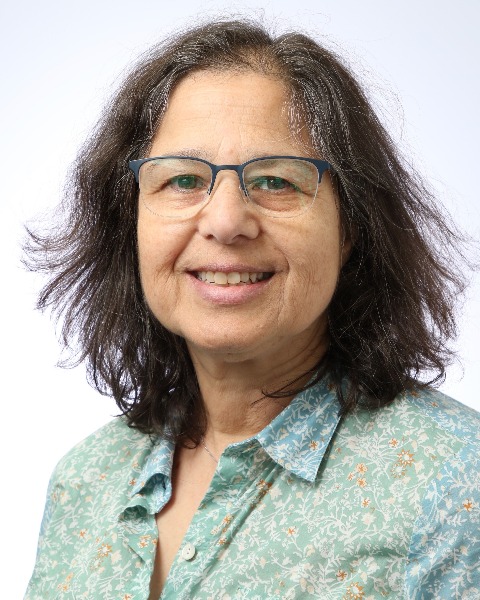
Rena Feinman, PhD (she/her/hers)
Associate Member
Center for Discovery and Innovation, Hackensack Meridian Health
Rena Feinman, Ph.D is an Associate Member of the Center for Discovery and Innovation and Associate Professor of Medical Sciences at the Hackensack Meridian Health School of Medicine. Dr. Feinman completed her Ph.D. in Dr. Jan Vilcek’s lab at New York University (1988). She then joined Dr. Jeffrey Ravetch’s lab at Memorial Sloan Kettering Cancer Center as a postdoctoral fellow and research associate characterizing myeloid-specific and STAT1 transcriptional response elements of Fc receptors (1988-1995). During her time as an Assistant Professor of Medicine in University of Arkansas Medical School, she was first to discover that NF-κB was central to the survival of myeloma cells. This observation led to the testing and development of bortezomib, the first proteasome inhibitor used in the treatment of myeloma. In 1999, she joined the Department of Surgery at Rutgers New Jersey Medical School as an Assistant Professor and in 2009 she was promoted to an Associate Professor. Not being a major site for myeloma, Dr. Feinman’s research transitioned to defining the maladaptive roles of HIF-1 and TLR4 in abdominal trauma-shock animal models. She documented for the first time that bacteria and LPS induced the expression of HIF-1α in intestinal epithelial cells upon reoxygenation. In 2013, Dr. Feinman was recruited to Hackensack Meridian Health and subsequently moved her lab to the Center for Discovery and Innovation in 2019. She is currently investigating mechanisms of host-microbiome interactions and epigenetic priming that enhance immune-mediated control in myeloma preclinical models. Her lab is also actively engaged in identifying microbiota-associated features with outcomes in myeloma and triple negative breast cancer patients treated with immunotherapy and chemotherapy respectively. These studies will hopefully lead to the development of microbiota-centered interventions that will harness immunotherapeutic responses in treatment-refractory myeloma and triple negative breast cancer patients.
Poster(s):
-
Thursday, September 26, 2024